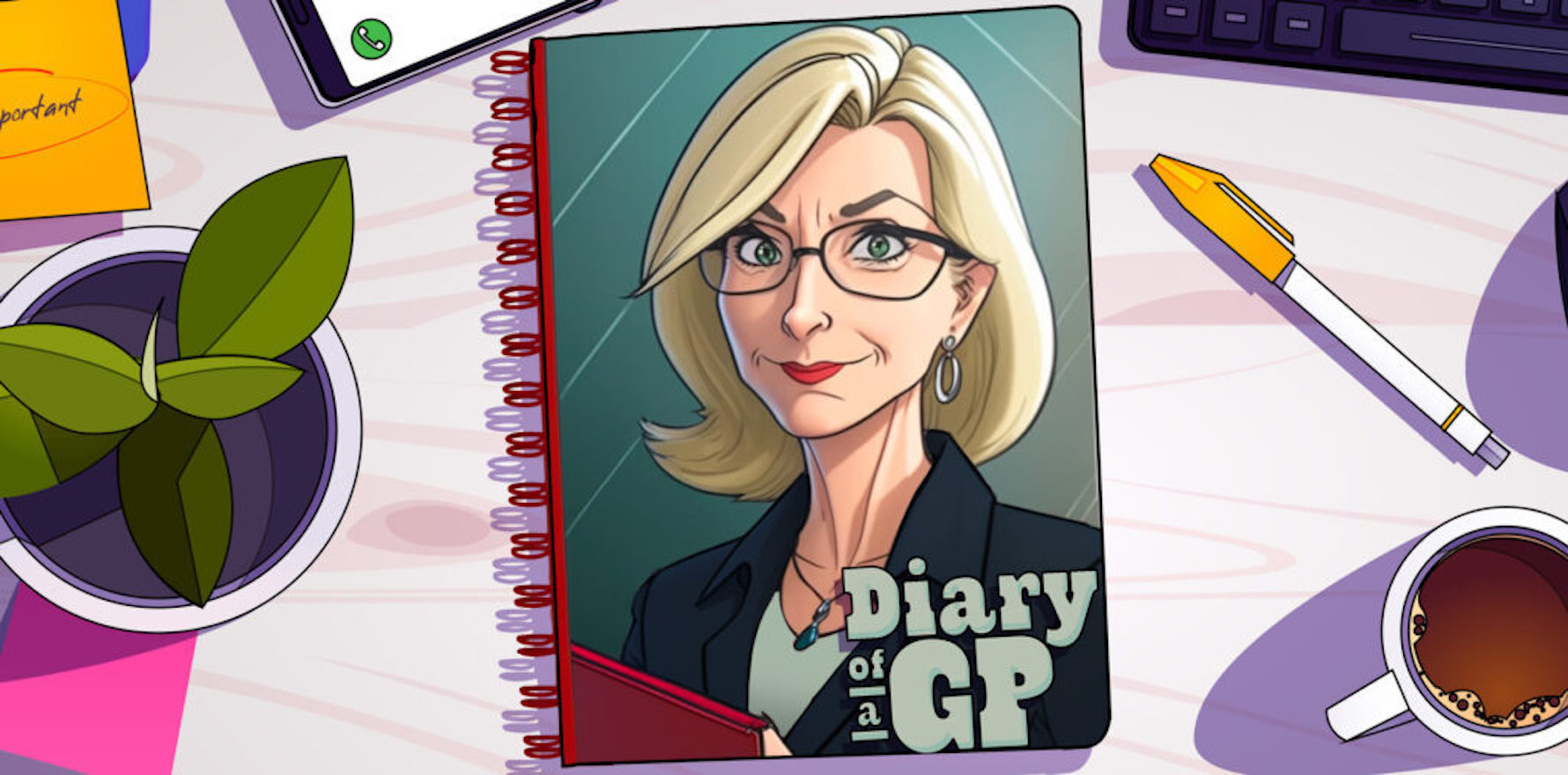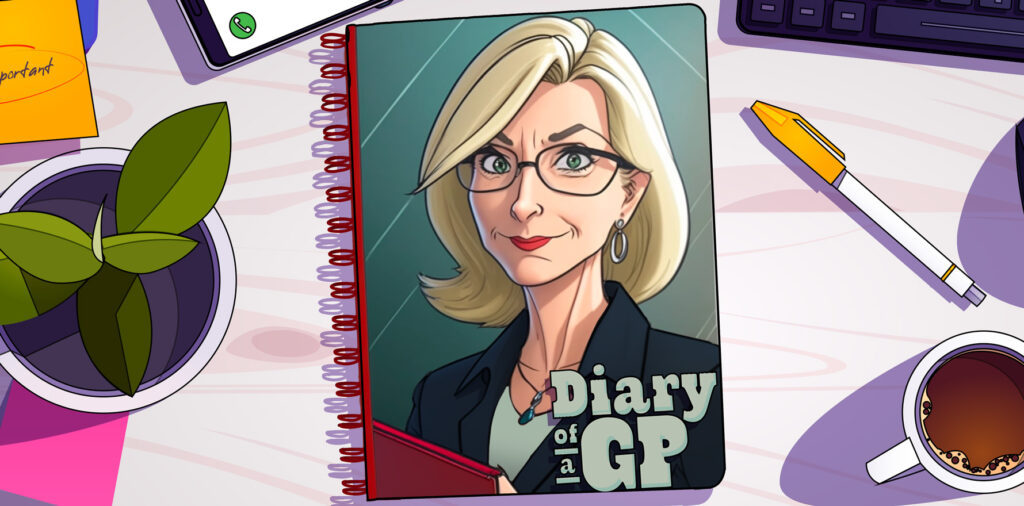The colleges should be supporting GPs and promotion of relevant education rather than pandering to a CPD curriculum that focuses on process over substance.
It is amazing how quickly three years flies by.
I could’ve sworn I only did my last CPR refresher course a couple of years ago but no, it was that time again.
Very fortunately the practice where I work organised an evening where we again tried our best to resuscitate poor old Wally, the long-suffering mannequin under the expert instruction of the emergency trainer.
It was good. Practical, enjoyable and really worthwhile.
If you had asked me before I did this refresher how confident I felt to manage an arrest, I would have said pretty confident. I know where the defib is and I know the basic DRSABC.
What struck me after attending this three-hour, hands-on instruction session was just how rusty I had become over that three-year period.
It’s not that I learned anything particularly new, it’s just that in three years I haven’t had to use any acute resus skills (thankfully), so somehow I had forgotten where we keep the red bag. I’d forgotten the code word we’re supposed to shout out in an emergency (imaginatively for us it is red bag – I suspect I might have just screeched “Help, anybody, help NOW” if someone arrested in my room which probably wouldn’t have done wonders for engendering confidence that I had the situation under control!
And as for calmly inserting those brilliant, foolproof laryngeal mask airways – I probably would’ve been okay, but let’s just say if one of my patients is planning to collapse I am very glad for it to be next week rather than last week before this refresher.
It really brought home to me how you don’t always know what you don’t know!
I realise we are talking about a practical skill here rather than knowledge per se. And it is perfectly reasonable that if you don’t practise a procedure such as CPR regularly, you are bound to become less proficient.
All I’m saying is that I didn’t realise how much less proficient I’d become, and of course this led to the inevitable – what else do I not know that I have become less proficient in?
And so to CPD – the bane of every practising Australian GP. Of course, it’s the regulations and restrictions that are the problem, not the education.
There would not be a single doctor that would argue against the importance of staying up-to-date.
Medicine is such a rapidly changing field and given our specialty has to deal with presentations of every condition from every system, the chances that some new drug, diagnostic criteria, new guideline, new warning or new emerging disease will affect our practice is enormous.
We know this! And this is what CPD should be about!!
Related
The mandatory three-yearly CPR training is the perfect example. It is the only part of the current requirements that I totally agree with because it should be a standard. It is a perfectly reasonable expectation that a GP should be able to acutely resuscitate a patient. But, interestingly, it is the only CPD prerequisite that deals with what is learned rather than how it is learned.
Of course, I don’t want a bunch of bureaucrats and educators telling us what to learn. God – those covid vaccine mandatory training courses were bad enough, weren’t they? Do you clean the vial with the alcowipe before you shake the vial or after?
But there should be some acknowledgement that there are areas in medicine where the understanding, assessment or management of a condition has recently changed, and if a GP wants to be up-to-date they need to know of these changes.
Surely it would be much more useful if the medical powers-that-be started the CPD year with a list of conditions, presentations or procedures where the understanding, assessment or management had changed in the last few years or was expected to change in a way that affected clinical practice.
It wouldn’t matter how we learned about these changes – it just matters that we know them.
It couldn’t be mandatory as not every condition is relevant to every practice. And who would draw up the list? Can’t you just see every man and his dog thinking their condition is the most important to be updated on. But it’s the principle here.
The plan we write up at the start of the CPD year is a nod to this concept. But it is tokenism – it is asking us to work out what it is we don’t know – how can that be comprehensive? My CPR proficiency or lack thereof was a prime example.
And then it doesn’t mean anything anyway.
We spend the rest of the year jumping through EA, OM, PR hoops spending more time fulfilling these criteria than ensuring we are honing our clinical acumen.
Case in point, a GP colleague recently completed a 13-hour cultural awareness online course solely because it fulfilled various CPD criteria – he sees no Aboriginal patients in his practice (and that’s the only culture the cultural awareness course dealt with – but that’s another topic).
We need to be investing our education hours in areas that actually matter to our actual patients. Learning things we don’t know. Upskilling in areas in which we need upskilling. Making sure our patients are getting the latest evidence-based treatment.
If the Medical Board is serious about promoting up-to-date best practice among medical practitioners, they need to pay more attention to what is being learned than how it is being learned!
And the Colleges should be supporting the profession and this promotion of relevant education rather than pandering to the schoolteacher-like CPD curriculum that focuses on process over substance.




